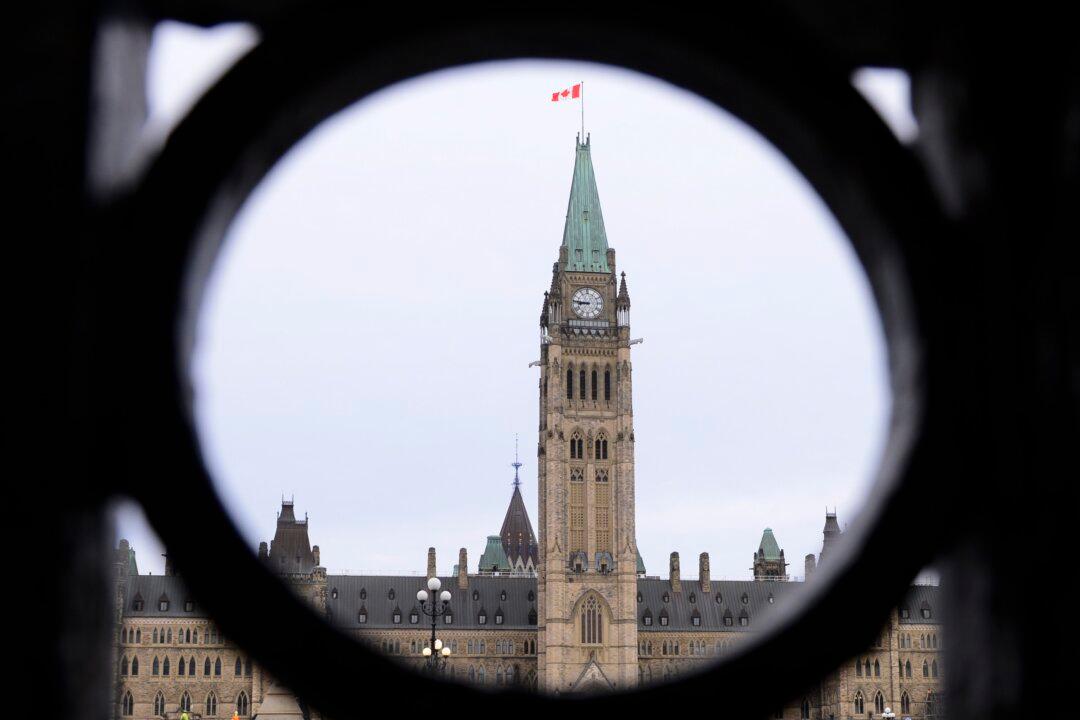Lawyer James Hinton, associate professor at Western University and senior fellow with the Centre for International Governance Innovation, appeared as a witness at the June 20 meeting of the House of Commons Science Committee. As reported by Blacklock’s Reporter on June 21, Hinton said the federal government has been “complicit” in allowing Canadian academic research to be compromised, specifically by China’s Huawei Technologies, which is allegedly tied to the Chinese military.
“We need to know who is working with Canadian research institutions and how much they have been benefiting,” he said. “We really don’t know.”
Hinton said Canada needs to consider legislation similar to what Australia has adopted to review and, if necessary, cancel international agreements made by universities. He also said universities receiving public funding should be forced to “track and report” their research efforts with annual and concrete disclosure, “including how much and who they’re working with.”
“The federal government needs to take control of the situation [to] ensure that publicly funded intellectual property and data assets benefit Canadians, not foreign militaries,” said the professor.
Naming Names
Hinton went on to provide the committee with a list of more than 20 universities that partnered with Huawei before the government banned Huawei from participating in Canada’s 5G telecommunication network due to security concerns on May 19, 2022.
“I am naming these names so there is no longer a veil of secrecy in these deals,” said Hinton. “This is just the tip of the iceberg.”
“Huawei has received intellectual property from the University of Waterloo, the University of Toronto, McGill University, the University of British Columbia, the University of Calgary, the University of Ottawa, the University of Laval.”
He also named the University of Regina, McMaster University, Western University, and Carleton University.
“Significant public funding, millions of dollars and resources, are being used,” said Hinton. “Hundreds of patents have been generated for Huawei through these deals. The commercial rights go to Huawei and they can use this technology in any manner they want.”
During questions from the committee, Conservative MP Dan Mazier asked what he thought of researchers who “have claimed scrutinizing national security threats of research funding is a threat to academic freedom.”
“I teach at Western, I know academic freedom well,” said Hinton. “Academic freedom requires an environment of enabled autonomy [where] researchers are free from undue external influence. State military actors are undue influencers, whether academics like to admit it or not.”
“I don’t think that universities are capable of screening national security issues,” added the professor. He said foreign countries are using Canadian research “to advance their national agendas,” and putting the country’s national security at risk.





